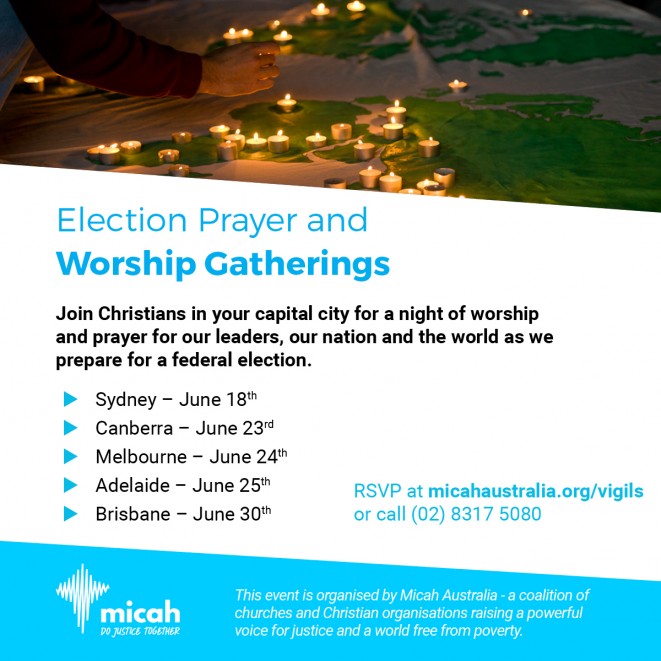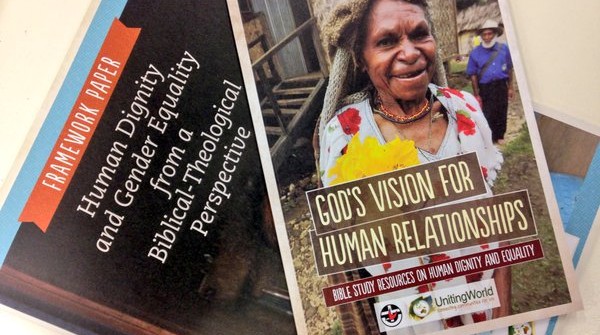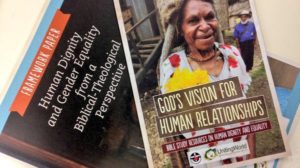The International Coalition for Papua (ICP) has launched an urgent appeal to the United Nations in response to a series of unlawful mass arrests made by security forces during peaceful demonstrations across West Papua. Demonstrations have continued throughout May with several hundred more detained this week in Jayapura.
Their statement:

Photo credit: Jakarta Post
To the attention of:
Mr. Maina Kiai,
UN Special Rapporteur on the rights to freedom of peaceful assembly and of association
Mr. David Kaye
UN Special Rapporteur on the promotion and protection of the right to freedom of opinion and expression
Introduction
A record high of mass arrests including the use of torture and ill-treatment of peaceful political protesters related to political aspirations for West Papua1 took place in early May in different parts of Indonesia, mostly in West Papua. This urgent appeal provides updated information on growing tensions in West Papua, which have resulted in an increase of cases of arbitrary arrest and torture, as described in a previous urgent appeal on the torture and extrajudicial execution of Arnold Alua in Wamena on April 24/25, 2016, submitted by Franciscans International on May 3, 2016. We are writing to you on behalf of the International Coalition of Papua (ICP), Jakarta Legal Aid Institute (LBH Jakarta), Franciscans International (FI), Westpapua-Netzwerk (WPN), VIVAT International-Indonesia, Geneva For Human Rights (GHR) – Global Training, Jubi Association, Sekretariat Keadilan, Perdamaian dan Keutuhan Ciptaan Fransiskan Papua (SKPKC Papua), Aliansi Demokrasi Untuk Papua (ALDP), Jaringan Kerja Rakyat Papua (JERAT Papua), Jaringan HAM Perempuan Papua (TIKI), Papua Customary Council (DAP), Indonesia’s NGO Coalition for International Human Rights Advocacy (HRWG – Indonesia) in relation to the unlawful arrests of at least 1,783 persons, mostly indigenous West Papuans, between 25 April and 2 May 2016.
West Papua, as one of the most isolated areas in the world, remains one of the last conflict regions within Indonesia. Local activists keep reporting cases of arbitrary arrests, torture and extra-judicial killings in West Papua. Most of the cases are committed by security forces – both police and military. The cases mirror the widespread impunity enjoyed by security forces and the lack of effective mechanisms to prosecute such perpetrators. In the last few months, political tensions in Papua have raised due to increasing popularity for the United Liberation Movement for West Papua (ULMWP – a political organisation of West Papua outside Indonesia) amongst many Papuans. ULMWP intends to become a full member of the Melanesian Spearhead Group (MSG). In response, the Government of Indonesia increased their surveillance of the Indigenous West Papuans in order to suppress political expression in support of ULMWP.
The most recent arrests are related to peaceful mass protests in all major Papuan cities (Jayapura, Merauke, Fakfak, Sorong and Wamena) and several other cities, such as Makassar (South Sulawesi) and Semarang (Central Java Province). The demonstrations were held in support of the ULMWP to be recognized as a full member of the Melanesian Spearhead Group (MSG), the commemoration of 1 May 1963 as Indonesia’s accession of West Papua, and to support the International Parliamentarians for West Papua (IPWP) forum in London. United Kingdom, on May 3, 2016. Due to the high number of arrests, the names of all victims have not yet been obtained. Currently the names of 243 victims have already been obtained, while the documentation of further names is still in process (see Annex I).
LBH Jakarta released a report on the incidents, showing a total count of 1783 arbitrary arrests, stating that the information on 1,783 unlawful arrests has been verified and is consistent with its own telephone witness interviews. The report is based on testimonies collected on location by members of the West Papua National Committee (Komite Nasional Papua Barat KNPB), Papuan Students Alliance (Aliansi Mahasiswa Papua AMP) and United Liberation Movement for West Papua ULMWP. According to LBH Jakarta, in total, 1,735 people were unlawfully on 2 May 2016. The details are as follows: 1,449 people in Jayapura, 118 people in Merauke, 45 people in Semarang, 42 people in Makassar, 40 people in Fakfak, 27 people in Sorong and 14 people in Wamena2. The other arrests occurred prior to the demonstrations, when activists were registering demonstrations at the local police station or during distribution of leaflets.
Previously, on 15 April 2016, the Jakarta Legal Aid Institute (LBH Jakarta) made a press statement condemning the reprisal against the members of KNPB. Within the 9 days the Indonesian security forces arrested at least 61 indigenous West Papua activists, including 15 activists in Timika on 5 April 2016, 5 activists in Yahukimo and 15 activists in Kaimana on 12 April 2016, 14 activists in Merauke, 3 activists in Sorong and 11 activists in Jayapura on 13 April 2016.
The unlawful mass arrests were accompanied by acts of intimidation and maltreatment of protesters during arrest and interrogation. In Jayapura, at least nine demonstrators and a journalist reported of being tortured by the Indonesian police officers. Violent acts against journalists also occurred in Fakfak. In both cities, the police obstructed journalists from conducting media coverage on the demonstrations. In Manado, North Sulawesi Province, the notification letter of the 2nd May demonstration was rejected by the North Sulawesi Police without any clear legal basis. (For a full chronology of events, see the entire ICP report here.)
We are deeply concerned about the increasing number of arbitrary arrests and torture of indigenous Papuan activists, peaceful protesters and journalists. The Government of Indonesia has severely limited the freedom of expression, freedom of peaceful assembly and freedom of information in West Papua due to the growing number of supporters for the ULMWP. As a result, the role of the police in West Papua has shifted from an institution protecting the rights of people to an institution oppressing these freedoms through unlawful arrests, excessive use of force, torture, censorship and prohibition of demonstrations with political content.
Recommendations:
We ask you to urge the Government of Indonesia:
- To ensure freedom of information, freedom of peaceful assembly freedom of expression and freedom of opinion in West Papua
- To open access to West Papua for international human rights organisations, journalists and international observers
- To develop and enforce policies that ensure the role of the police as a protector of the right to peaceful assembly and expression of political opinions
- To conduct human rights trainings for police institutions in Papua, focusing on the practical implementation of international human rights obligations for government agencies with regard to the freedom of information, freedom of peaceful assembly freedom of expression and freedom of opinion in West Papua
- Decide the dates of the visit of the UN Special Rapporteur on Freedom of Expression, as it was agreed, and allow other UN special rapporteurs to visit West Papua
This appeal was originally published by the International Coalition for Papua of which UnitingWorld is a member.
The ICP is a coalition of faith-based and civil society organisations that are concerned about human rights violations in West Papua and seek greater transparency and peaceful solutions to conflict.
Read more:
Al Jazeera: Mass arrests reported in Indonesia’s restive Papua
ABC: West Papua protest results in more than one thousand arrests in Indonesia
New York Times: Indonesia Detains Hundreds Demanding Release of Prisoners




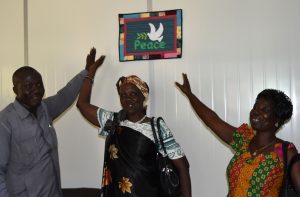


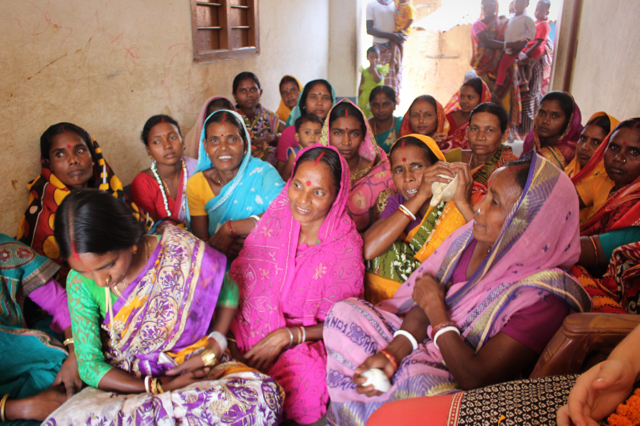
 Do you ever have days, even while you’re still in the middle of them, that you know will always stick with you? My first visit to a village in West Bengal, India, was one of those days.
Do you ever have days, even while you’re still in the middle of them, that you know will always stick with you? My first visit to a village in West Bengal, India, was one of those days. Answers were honest and direct. Life is hard, but this project is making a difference. Our children at the study centre are working hard and their grades are improving – they’re no longer at risk of dropping out of school and we’re not scared for them. This woman here (she is pointed out to us) was supported to apply for and access the old age pension, so she doesn’t have to work all day long in the forest gathering leaves anymore. Our community worker, from our village (he stands up), helped us get government grants to build houses and toilets and access to water sources for irrigation. The government health worker is visiting and we know how to stay healthy, how to keep our children well. Our women’s self-help groups (they raise their hands) have saved money this year, and have plans to start their own business.
Answers were honest and direct. Life is hard, but this project is making a difference. Our children at the study centre are working hard and their grades are improving – they’re no longer at risk of dropping out of school and we’re not scared for them. This woman here (she is pointed out to us) was supported to apply for and access the old age pension, so she doesn’t have to work all day long in the forest gathering leaves anymore. Our community worker, from our village (he stands up), helped us get government grants to build houses and toilets and access to water sources for irrigation. The government health worker is visiting and we know how to stay healthy, how to keep our children well. Our women’s self-help groups (they raise their hands) have saved money this year, and have plans to start their own business.


